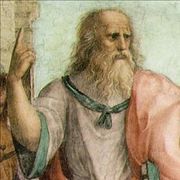Utopia - Definition, Elements, Concepts, Societies, Communities
From its inception, the definition of utopia ignited considerable amounts of controversy around the philosophers who envision them, and the people who tried to make them come to life. No matter how difficult it must seem, concept of utopian civilization that provides perfect life for its citizen will forever remain relevant in our modern environment.
Utopia Definition
Definition of utopia can most easily be summarized in the phrase “perfect society”. Here you can find out more about these imaginary worlds, who often represented pivotal point in the life-works of several great philosophers, and were the basis in the creation of several political movements.
Utopian Societies
Utopia represents intentionally made society with perfect socio-politico-legal system that provides perfect life to its inhabitants. From its inception by the works of Greek philosopher Plato, many prominent modern philosophers and novelist proposed their visions of this concept.
Utopian Communities
Visions formed in the works of various utopian philosophers and novelist begun to spring to life during the early years of 19th century. Formed mostly in North America, these settlements tried to create their perfect way of life by embracing the utopian aspect of equality, tolerance and preservation of nature.
Utopian Socialism
Early 19th century gave birth to the movement of utopian socialism. Many philosophers and authors of that time tried to envision the better future for the citizens of the world, and their important work influenced countless other great minds of modern humanity.






